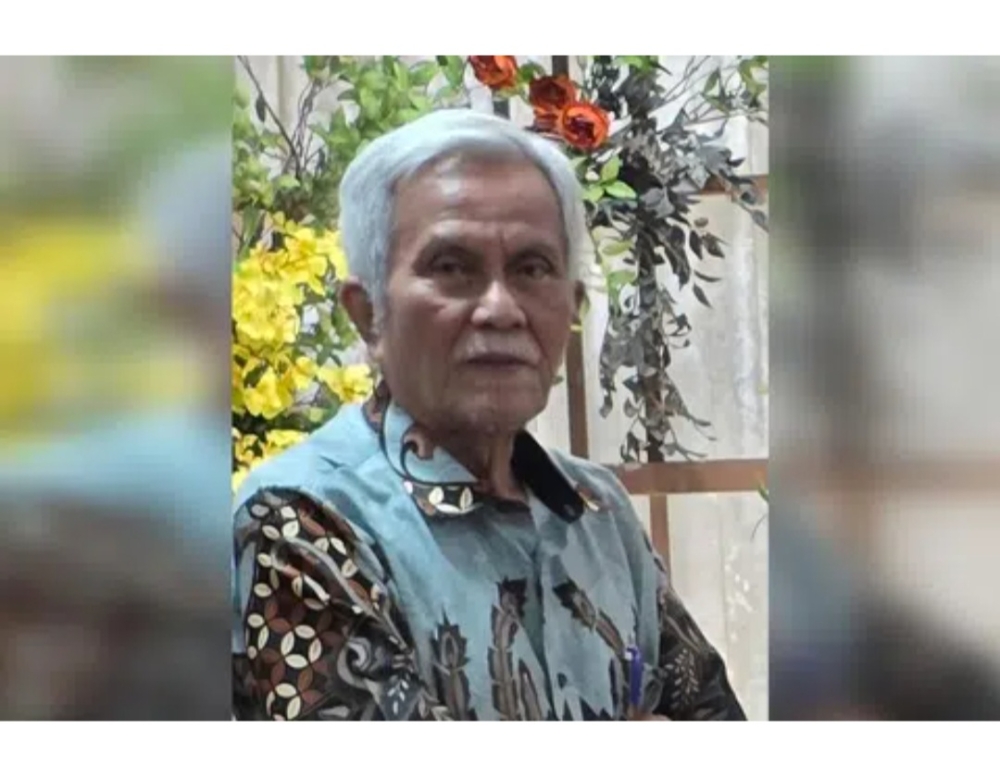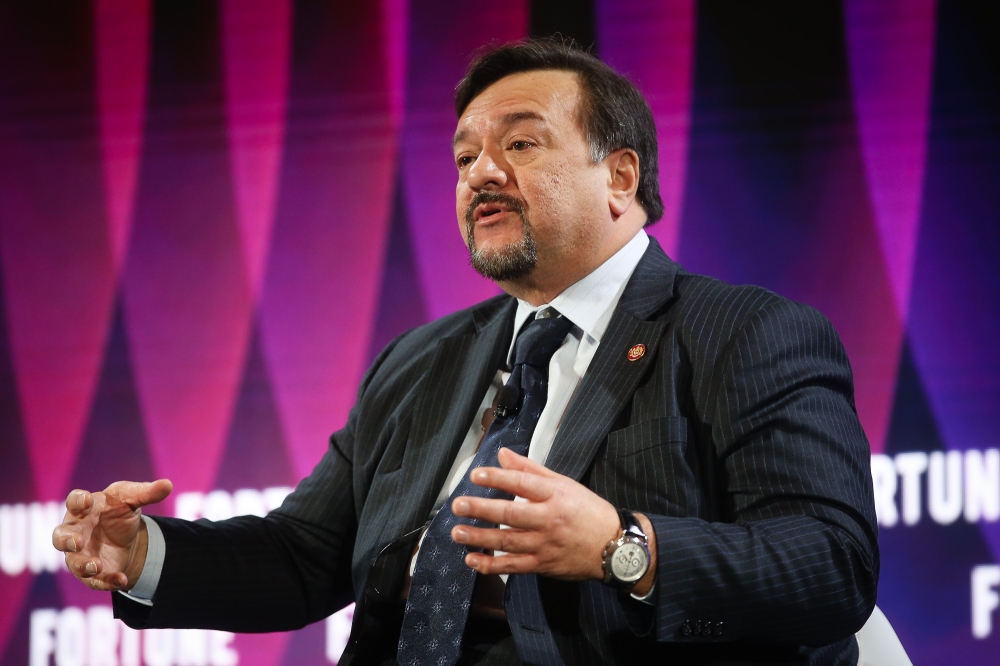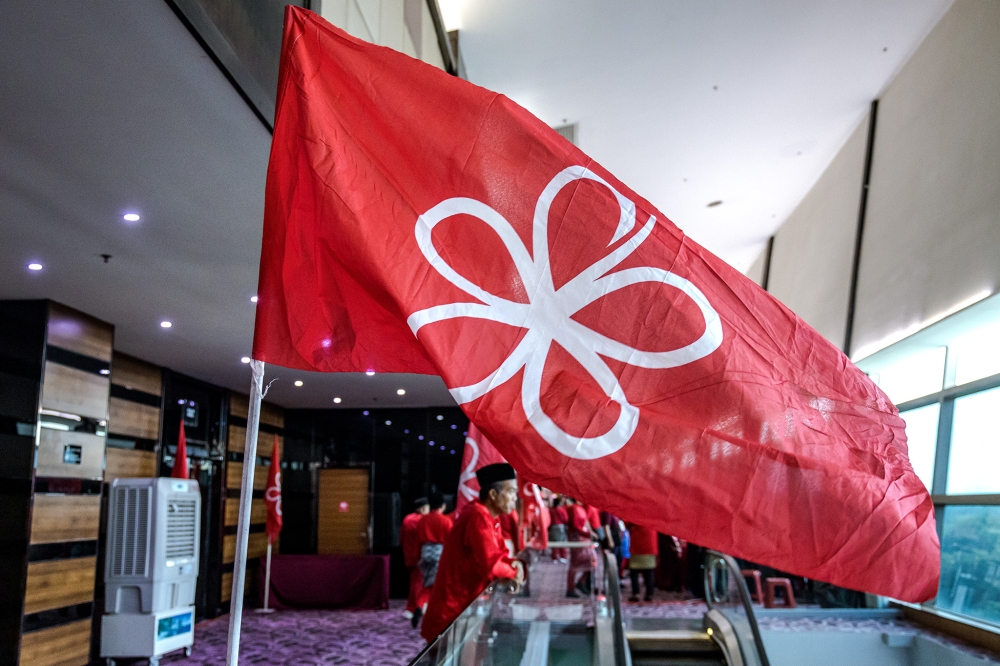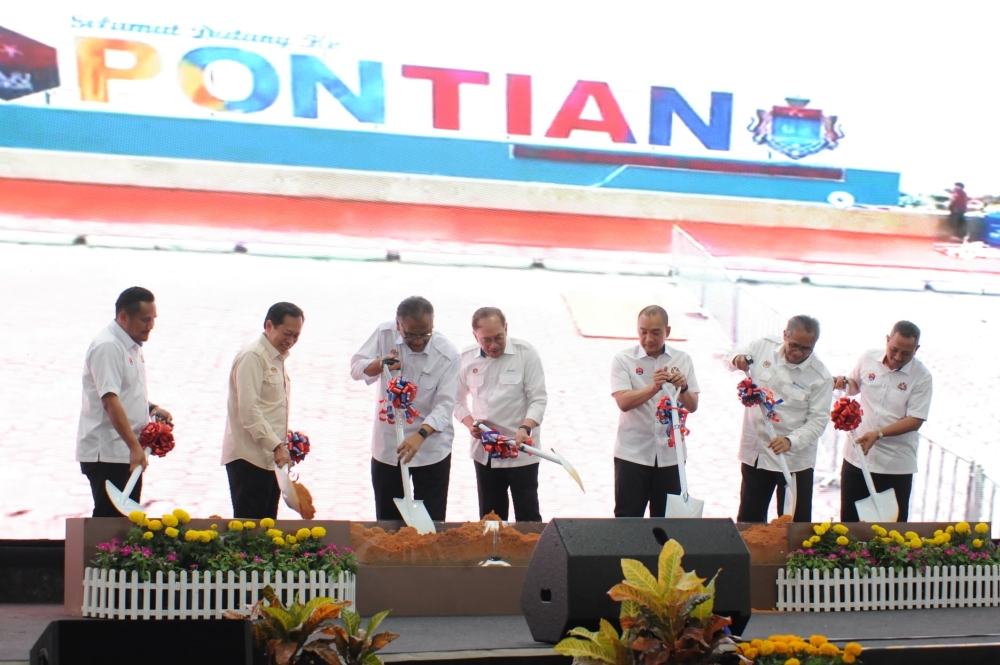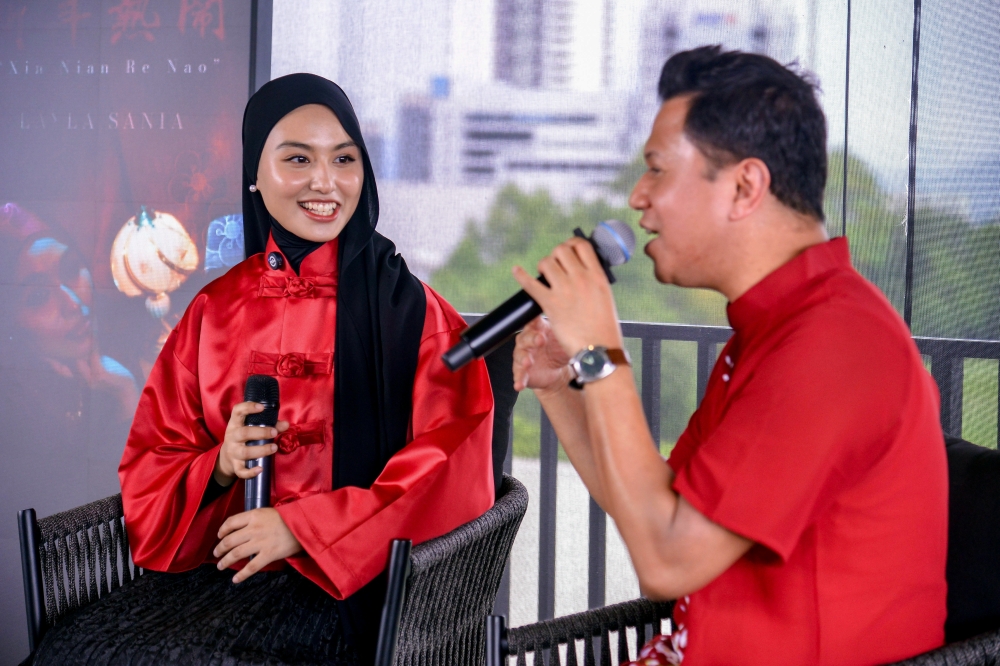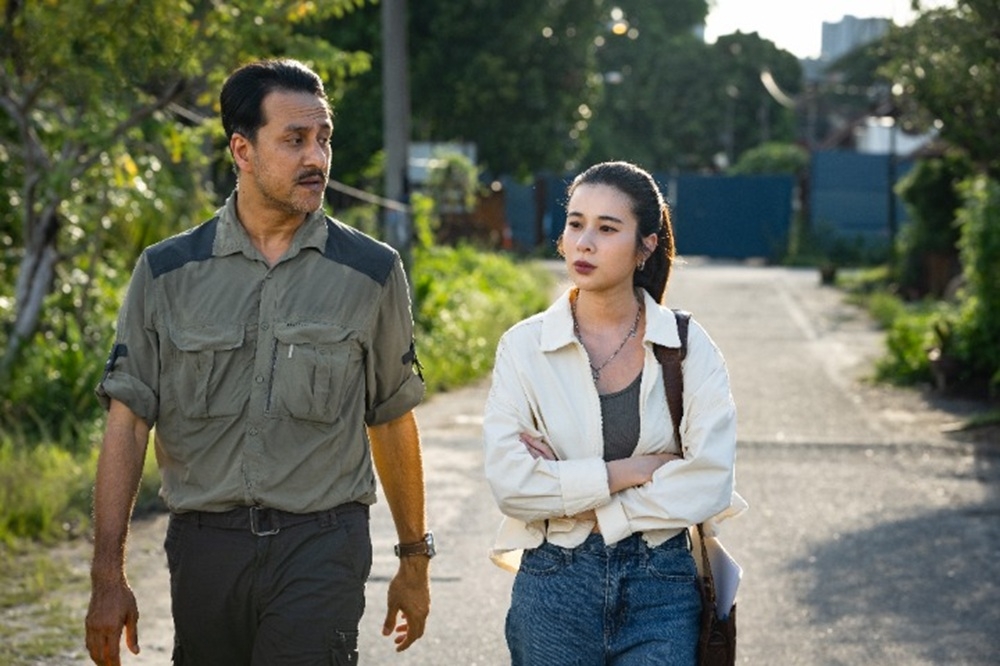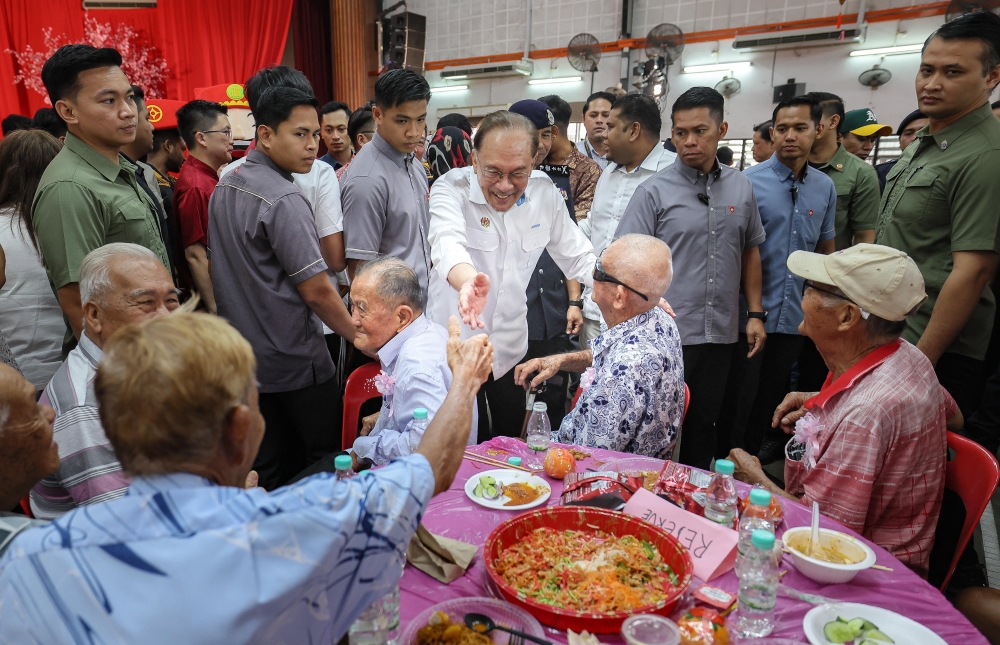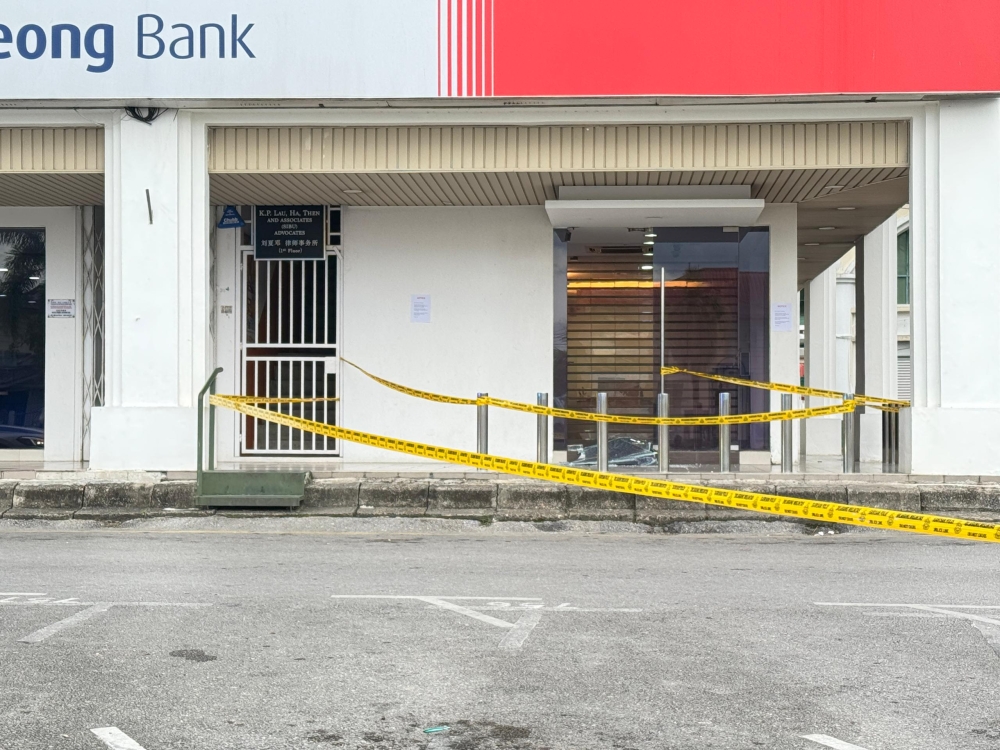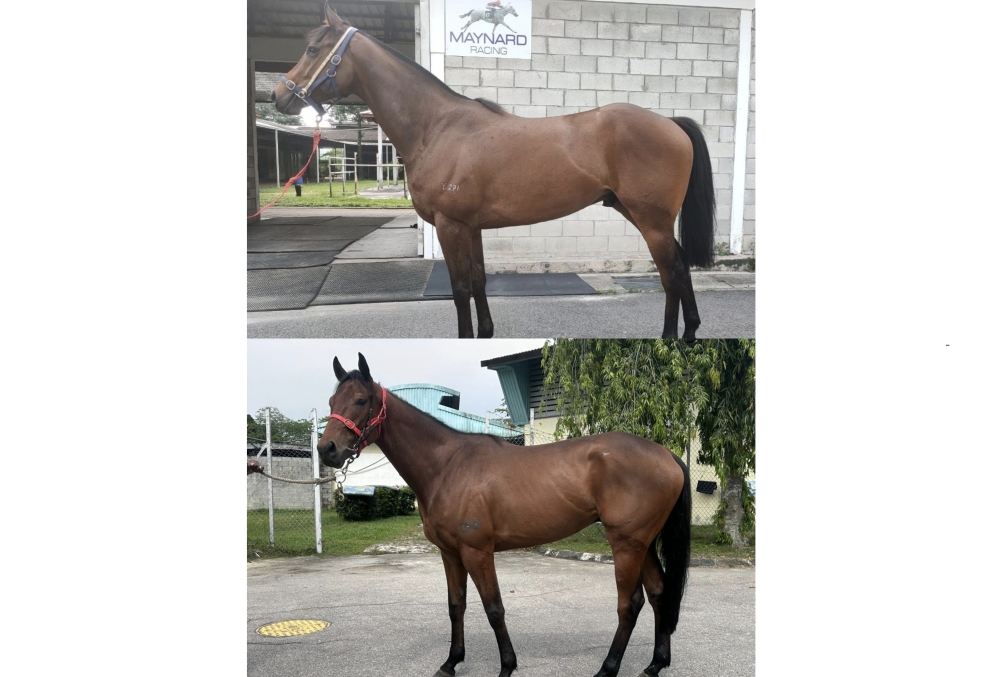KUALA LUMPUR, March 23 — Volunteers in Malaysia have come together as a community to crowdsource the use of 3D printers and other methods to make much-needed face shields for those fighting the spread of Covid-19, to help meet demand for the single-use disposable personal protective equipment (PPE).
Facebook user Nurfaiz Foat had on March 21 posted his idea to mobilise Malaysians to use 3D printers to print the plastic face shield holders and simple readily-available materials to make face shields for distribution to frontliners, using a design — adapted from Josef Prusa’s original design — which he said takes 40 minutes to print for each plastic holder.
Nurfaiz had later created a Facebook group called “3D Printing Malaysia Community for Covid 19” on March 22 to enable coordination of such 3D printing efforts for face shields.
Things have moved relatively fast since the Facebook group was started, with Malaysians chipping in to show their own test runs using their 3D printers using the open source design that has been refined and revised several times.
Others pledged the use of their printers and the necessary funds required, while others provided alternative designs to suit different types of 3D printers.
The designs were shared using digital files, which means that anyone with a 3D printer can print out the same design at their own location.
In an update by one of its main coordinators Adrian Wong earlier today (March 23), he summed up the group’s efforts: “In the past 26 hours we have : a) raised RM20,590, b) came up with 4 improved versions of the face shield, c) sent some of our face shields to doctors at hospitals to get feedback (Dr Adeeba & Dr Ammar from Sg Buloh and Dr Raziqin from HKL Radiology Department), and d) feedback has been good! Our face shields are comfortable & can be used for low risk wards/clinics as extra protection for front liners.”
In the same Facebook post, Wong had also said that the group hopes to see how the design can be improved even further.
At the time of writing, in a public dashboard updated by this community, this group has accumulated RM30,070 in donations, along with 3,800 pieces of A4 transparent plastic sheets and more than 100 kg of PLA spools to be used to make the face shields.
With estimated costs of RM3 per face shield, the RM30,070 donations can be used to make 10,023 face shields.
At the time of writing, the request by frontliners for face shields from the group stands at 7,707 with 30 already supplied.
At the time of writing, 67 3D printers were listed as being committed to this initiative, with locations spread out throughout the country such as in the Klang Valley, Negri Sembilan, Penang, Sarawak and Sabah.
Nurfaiz had earlier today however posted that the volunteers are still waiting for greenlight from various parties before initiating a mass printing effort and mobilising logistics.
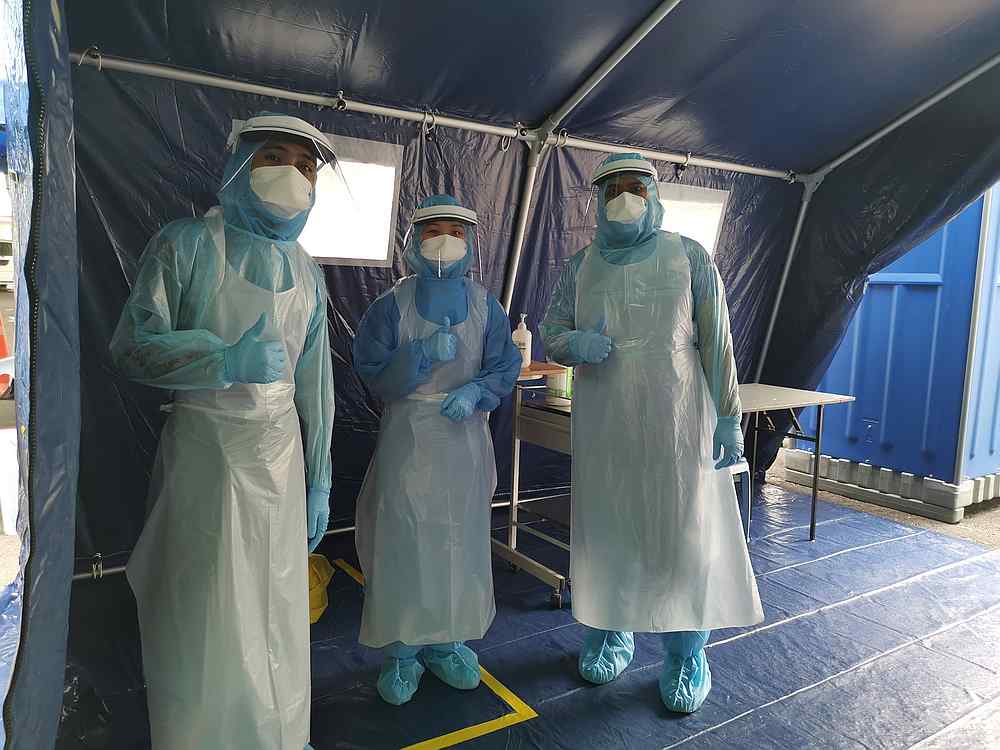
Another community
Separately, another community on the platform of “Open Source Community Fight Against Covid 19 — Malaysia” has also been working on initiatives to make face shields.
Wan Cheng Huat, who founded this platform, said he is one of the main coordinators along with Mak Kwan Wuey. (Wan said he had created this Facebook page created on March 20 with the name of “3D Printing Malaysia Community for Covid-19” but had renamed it to its current name after the other Facebook group was created.)
“Both Mak and me were involved in 3D printing for many years and had the same idea that we needed a platform to help using our knowledge in 3D printing. The main idea was just to gather some resources to help where we can. We know the advantages and disadvantages of 3D printing and ways we can help.
“We are both also in the international effort under Open Source Covid-19 Medical Supplies Facebook group. And we needed something more local to help the current situation here. So rather than just talk about it, I just started the group and shared out. And soon we have more and more people helping out,” Wan told Malay Mail when contacted, adding that there are more than 20 people actively working on ideas under this platform and with more than 100 having helped.
Under this platform started on March 20, there are currently three ongoing initiatives being coordinated, including an initiative to produce face shields using laser cutting of acrylic — a type of plastic — that is mainly coordinated by Mak from Makerzone and She Tze Jin from Taylors Me.reka.
Wan said the other initiative is a do-it-yourself (DIY) method to make face shields with the use of foam, elastic bands, A4 transparent sheets, with the main coordinators being Ang Tee Chian and the Expedio Design Team along with Kelvin Cheok from Morphlab.
As for the 3D printing initiative under this platform, Wan who has over 30 3D printers under his facility MinNature 3D Prints will be the main coordinator.
For this 3D printing initiative, Wan said there are currently 18 companies and organisations who have pledged the use of their 3D printers — 200 industrial and consumer-grade 3D printers — for this effort.
This 3D printing initiative will be for the production of face shields for Covid-19 frontliners, with Wan saying that research is ongoing to explore whether 3D printing efforts could be used and would be needed for other medical equipment such as ventilators and PPE tool Powered Air Purifying Respirator.
Wan said feedback has been sought from doctors and the Medical Device Authority.
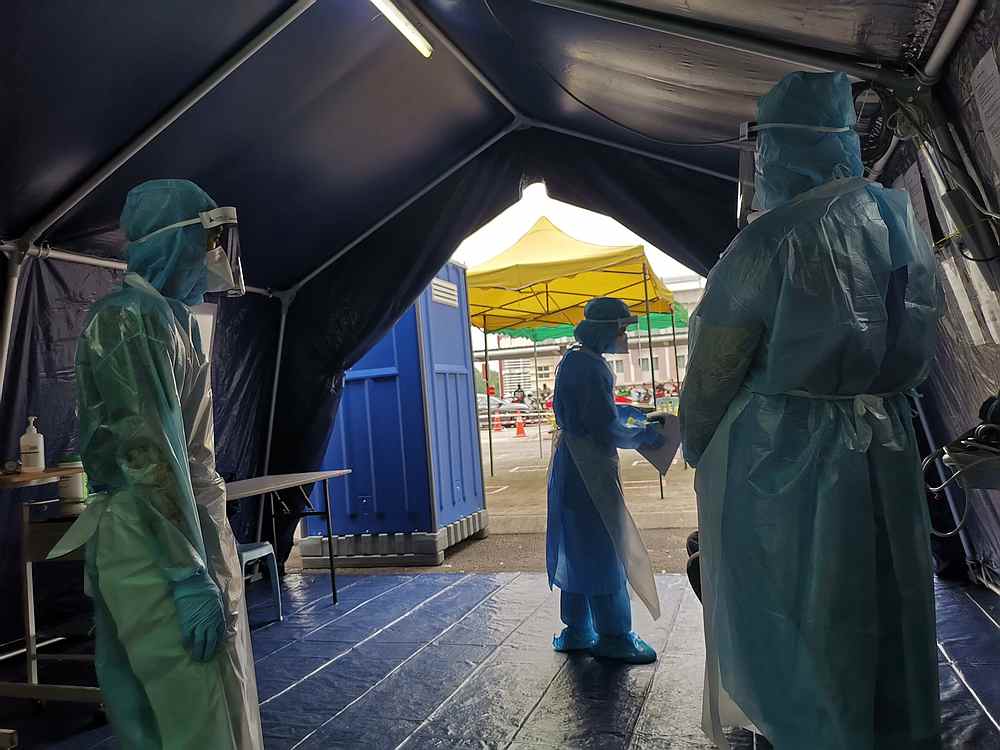
How the face shields will be handled
In a Facebook post today on the “Open Source Community Fight Against Covid 19 — Malaysia” page, Wan said this community of volunteers does not collect donations and all donations are to be channelled to the Health Ministry’s dedicated Covid-19 fund: Sumbangan Perubatan KKM (RHB bank account 2-66016-0002347-5).
Wan also urged for the need to have all face shields made using the DIY, 3D printed or laser-cutting methods in the Klang Valley to be sent for disinfection at a centralised collection point to ensure Covid-19 frontliners are not inadvertently harmed.
Wan said cleanliness must be ensured during production of the face shields, further saying that UV lights would be installed at the central collection points as most of those making the face shields do not have a controlled environment setting.
“For Klang Valley, it will be Taylor’s Lakeside Me.Reka. We will be looking to establish the other locations around Malaysia. Please bear with us as it will take time especially during this MCO lockdown.
“At the collection facilities, we have set up UVC light to disinfect the items before sending them out. We will have many people producing the parts and it is impossible for us to know if anyone of you have been exposed or were in contact with a Covid19 positive person.
“We know the Covid19 thrives even after 72 hours on plastic surfaces. So to take a proactive step, we will be running all the collected items through the UVC lights at Taylor’s Lakeside Me.Reka,” he said, confirming to Malay Mail that all face shields produced using the DIY, 3D printing, laser cutting methods under this platform would be going through such disinfection procedures.
Wan also suggested that hospitals, medical personnel and Covid-19 frontliners come up with their own procedures to only receive items from verified sources that have undergone disinfecting procedures, saying: “We do not want to risk the frontliners / first responders / healthcare personnel with unverified, contaminated items.”
Not a permanent solution
But Wan said the initiatives by volunteers to make face shields are just temporary measures, given the large number of face shields that are required by Covid-19 frontliners and the rate of usage and disposal, as compared against the speed of production using the 3D printing and DIY method.
“DIY is temporary also, the main reason they DIY is because they don’t have 3D printers or laser cutting machines. They do what they can,” he told Malay Mail.
“Laser cut is the most expensive but most accurate and faster to fabricate, and technically easiest to clean as the surface is smooth,” he said when pointing out the cost factor.
“We really hope we can help the frontliners, healthcare personnel, police, military with what we can. They risk their lives every day for us so we can be safe with our family. It’s only a small part we can do to help them stay safe,” Wan said.
Crowd-sourcing for contacts and partners
Separately, Biji-Biji Initiative, Me.reka, Taylors University, and Taylors University’s Me.reka Makerspace today said they are partnering together to produce face shields at four decentralised locations including three in the Klang Valley and one in Johor, having noted the shortage of PPE such as face shields and estimated use of 40,000 face shields for one hospital alone.
Noting that a small laser cutter or laser engraver is able to produce eight pieces of face shields per hour or 100 units per day while a large machine can produce 40 pieces per hour or 500 units per day, these organisations said they are seeking larger production partners to increase the production volume.
“Our target is to mobilise up to 10 machines around KL & Selangor area, and a further 10 machines across Malaysia to produce up to 15,000 units this week, and ramping up production further next week,” the organisations said in a joint statement today.
These organisations also asked for direct contacts of face shield manufacturers; contacts of suppliers of 0.2mm transparent A4 plastic sheets; contacts of suppliers of 4mm-8mm acrylic sheets; contacts of frontline organisations in need of face shields such as hospitals, clinics or the police, or contacts with plastic mold makers; as well as production facilities or machines such as laser cutters or 3D printers.
These organisations said they are prioritising the face shields for hospitals and security personnel and will not be able to supply to private companies for now.
They also said they will not be accepting any public cash donations until an escrow account is established, and that no public volunteers would be taken on to help manufacture the face shields to ensure optimised production and to avoid further risk of spreading the Covid-19 virus.







